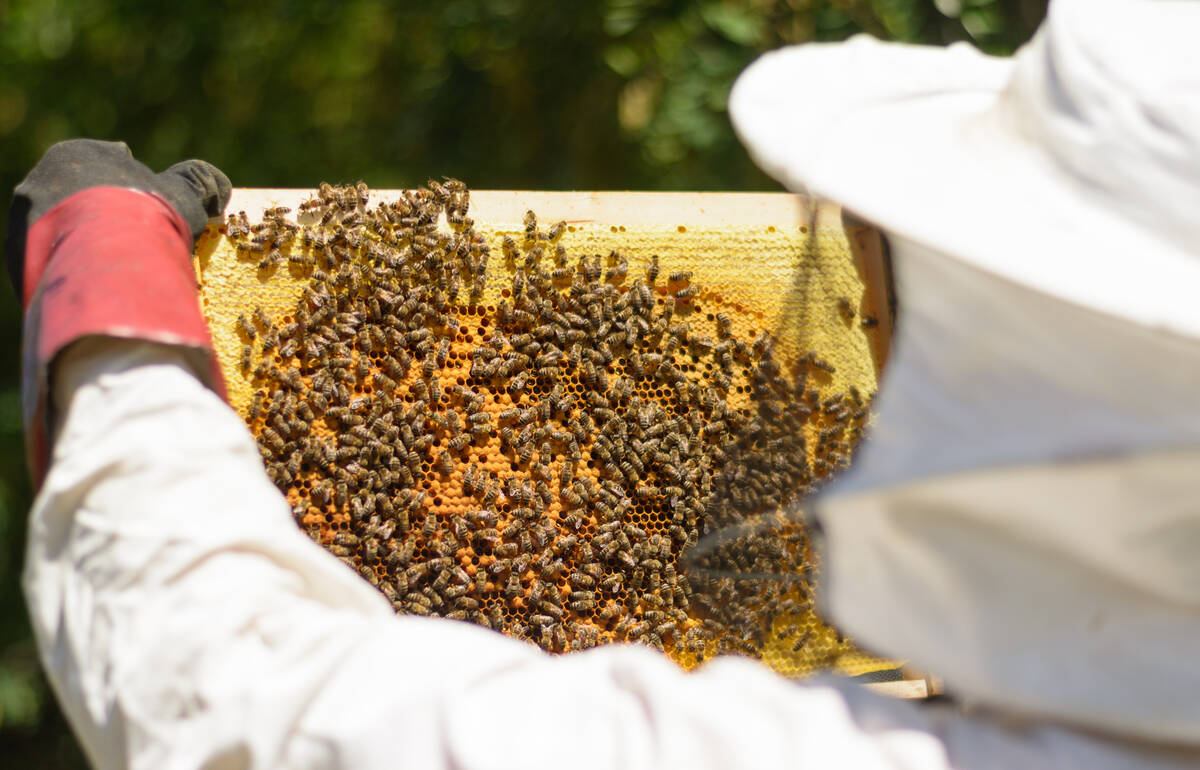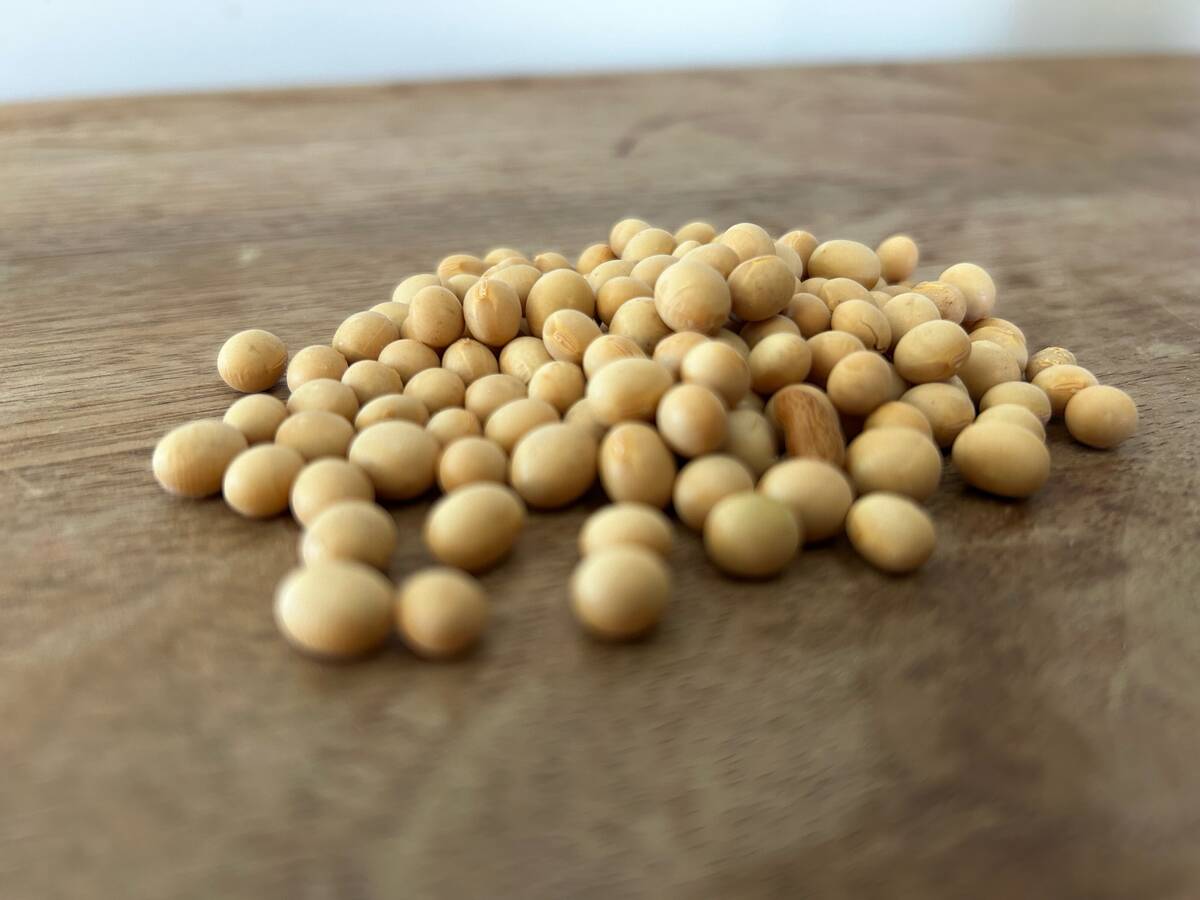While the threat of tariffs from United States President Donald Trump may become reality in less than two weeks, canola prices at the Intercontinental Exchange don’t seem too bothered at the moment.
The May canola contract closed at $680.10 per tonne on Feb. 20, reaching levels unseen since November while gaining $12.50 over the course of the week. The price was between $36 to $38 above the 50-, 100- and 200-day moving averages. The funds also put the oilseed in a net long position for the first time in a year-and-a-half. Any move above the $690/tonne mark would become an eight-month high.
One explanation for canola’s rise throughout February could be a rush of buying to avoid any shockwaves if 25 per cent tariffs come into effect in early March. Meanwhile, a tighter projected carryout in 2024-25 and a rapid export pace mainly fueled by China are also contributing factors.
Read Also

Malta bee exporter blasts criticism from Canadian beekeepers
A honeybee exporting firm on the Mediterranean island of Malta says they’re collateral damage to a dust-up in the Canadian honey sector over imports of replacement bees.
But just like a smaller sibling, canola is sure to follow wherever Chicago soyoil goes.
The May soyoil contract closed at 47.79 U.S. cents per pound on Feb. 20, 0.84 of a cent higher than the week before and well ahead of its moving averages, which were hovering around 44 U.S. cents/lb. During the week, it also reached its highest level since November while also trading at a net long position.
There may still be room yet for Chicago soyoil to rise.
Drought conditions throughout much of Argentina this week could damage the soybean crop just as it did in Brazil earlier this month, potentially raising prices in the world’s largest soyoil producer. Production estimates by consultancy firms in both countries have already tempered expectations for their respective crops despite a record combined amount from South America.
However, demand remains strong, as India has seen an influx of the vegetable oil as a cheaper alternative to palm oil. As the European Union plans to impose a ban on imported products derived from deforestation, soyoil could be preferred over palm oil despite the former potentially being affected by the new regulation.
But as Trump’s tariffs come into focus and a potential glut of soybeans enters the market, soyoil’s rise, and possibly canola’s, could be short-lived.
















